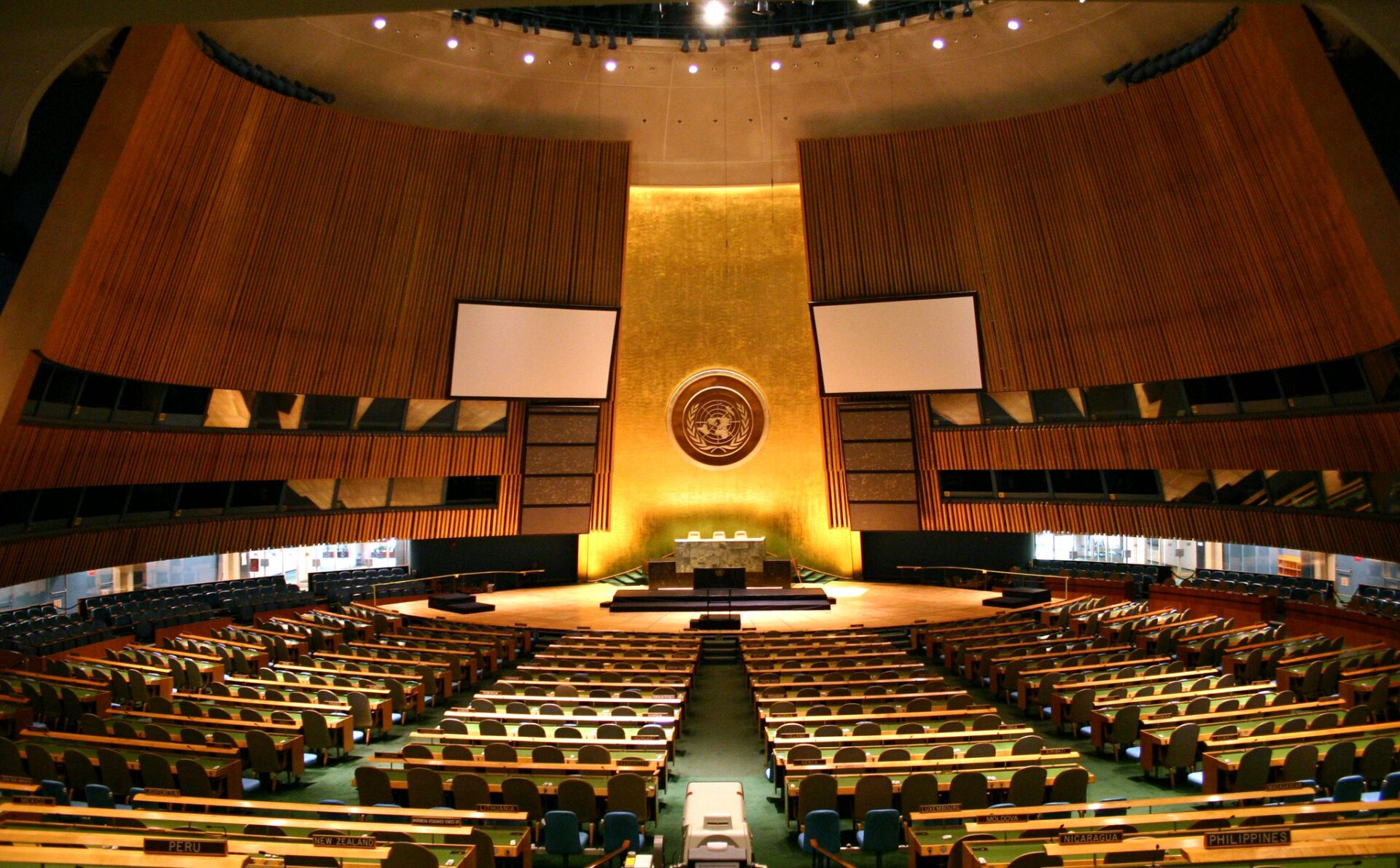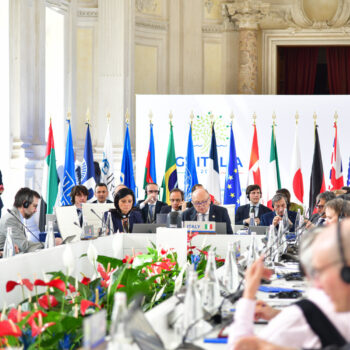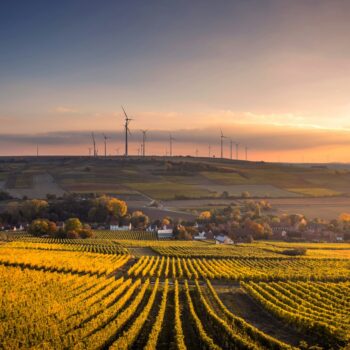Today marks the start of New York Climate Week (NYCW) and the UN General Assembly (UNGA). The start of summit season earlier this month has already highlighted some of the key themes likely to be under discussion in the coming months and at the centre stage of COP28 in Dubai at the end of this year. So, what can we expect of this week? And can this week’s discussions change the course of the diplomatic season?
Setting the scene – the Africa Climate Summit (ACS) and G20:
The ACS held in Nairobi marked the first major international climate summit led by Global South leaders. It gave political impetus behind efforts to build a fairer global financial system fit for purpose in the 21st century. Particular attention was given to mobilising public and private investment for climate action, along with the pressing issue of short and long-term solutions to debt distress. The spotlight shone brightly on Africa’s green growth potential and the opportunities the global energy transition represents. The G20 built on this progress. While falling far short of the ambition needed on climate, the new inclusion of the African Union, a commitment to triple renewables by 2030, and further support to reform the Multilateral Development Banks showed some progress on vital diplomatic agendas. Overall, these summits have shown a growing influence from smaller countries and middle powers making their voices heard – including India, Brazil and African states.
(You can read more about the outcomes of the ACS here, and the G20 here).
What does this mean for NYCW and the UN General Assembly?
Beyond climate, global governance reform is high on UNGA’s agenda. Key events notably include: the Sustainable Development Goals Summit before the high-level General Debate, the Climate Ambition Summit, and the ‘Financing for Development’ high-level dialogue. The themes discussed so far will remain at the top of the climate diplomatic agenda – especially debt relief, financial reforms and renewables. That said, the Global Stocktake – the UN’s assessment of progress on the Paris Agreement’s goals and targets – has made clear that both further action and ambition are necessary by all actors– governmental or otherwise – to keep 1.5°C alive and deliver on the targets set in the Paris Agreement. UNGA is a moment for leaders to respond to this call to action and demonstrate progress in three core areas:
Beyond the welcome announcements made on ramping up investment in renewables, the need to phase out fossil fuel has somehow remained largely unaddressed during the latest international summits. A thorny debate is to be expected at COP28 if the issue is not at the forefront of conversations this week. Although the International Energy Agency forecasted last week that peak fossil fuel demand should happen this decade, accelerating their decline in usage is crucial to meet Paris Agreement targets – a signal that needs reiterating and reinforcing in international spheres. While it remains to be seen whether any countries will bring new and updated 2030 climate targets – a high ambition ask – there are clear opportunities for countries to bring specific commitments, whether committing to No New Coal, or joining powerful initiatives like the Powering Past Coal Alliance and the Beyond Oil and Gas Alliance.
Our increasing and already experienced exposure to climate change has come to further highlight the need for appropriate financing to deliver suitable and risk-averse adaptation measures. The Climate Ambition Summit session on ‘Accelerating adaptation and early warning systems’, along with the high-level adaptation event held by Bangladesh and Denmark on September 21st, will provide a useful insight into the debate’s evolution after this summer’s extreme events. Of equal importance will be discussions over the loss & damage fund – the major breakthrough achieved at COP27 will be under discussion during the dedicated UAE’s Ministerial on September 22nd. Negotiations this year have not delivered much progress so far. This Ministerial will be a key setting for politicians to weigh in, in the hope of an outcome in Dubai at the end of the year.
We have seen continued political momentum behind international finance architecture reform this year – UNGA represents the platform for leaders to put their will and weight behind this agenda. The key will be getting major players to back up specific tasks on the topics discussed in previous summits – including the Multilateral Development Banks reform, Special Drawing Rights recycling, and addressing debt – to set the frame of action for next month’s World Bank and IMF meetings.
Upholding ambitious outcomes at COP28
If governments manage to make headway across these three hot-button issues this week, then the stage will be set for an ambitious COP28. The UAE hosted ministerial on the Global Stocktake (GST) on 21st September will be a key event to watch. As the centrepiece of the Dubai summit, these first political discussions on how COP28 can respond to the GST are a major moment for ministers to set out bold visions for a package of outcomes that can course-correct global climate action to meet the goals of the Paris Agreement. Where the climate champions will lie amidst geopolitical shifts in power remains to be determined.
E3G will be closely following all the political developments this week – stay tuned for next week’s wrap up blog assessing whether this year’s UNGA managed to meet climate ambitions.


